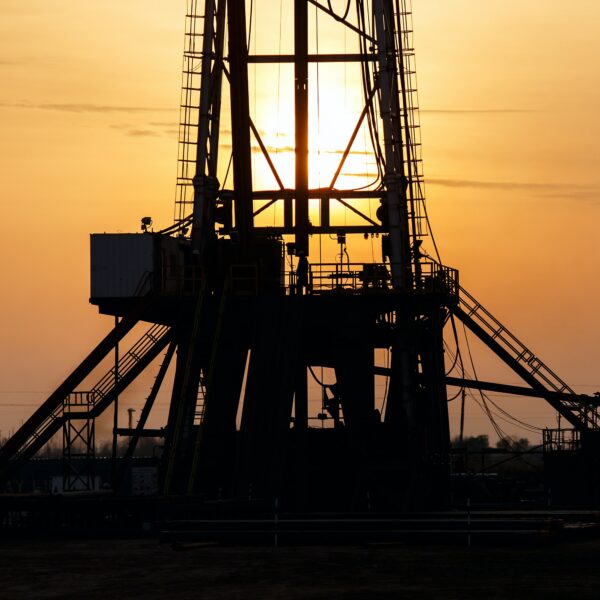High’s own research centres on Colorado. It has taken her to drilling rigs in Weld County and to corporate headquarters in Denver. She says: “The rig workers are itinerant across the state and the nation. They spend long periods away from their families and often compare the experience to being in the Army. There is huge camaraderie among people on site. Because the work is risky, they are highly dependent on each other.”
She adds that there is often a disconnection between thinking along “the corridors of power and money at HQ,” and what happens in the field. However, one number unites them all.
“Everyone knows the current price of oil. If it falls, budgets are slashed and people fear they will lose their jobs. Here there is no job security.”
While US oil states are predominantly Republican, Colorado is a swing state in which oil is an intense topic of political debate. High finds that oil industry personnel are ambivalent about the future. “Oil production is not falling. We still consume plenty of oil and gas. They think gas has a future, maybe to replace coal in Chinese power generation. And they expect oil to be needed for petrochemicals, lubricants, fertilisers and plastics. But many oil workers say they would not recommend this as a career for their children.”





